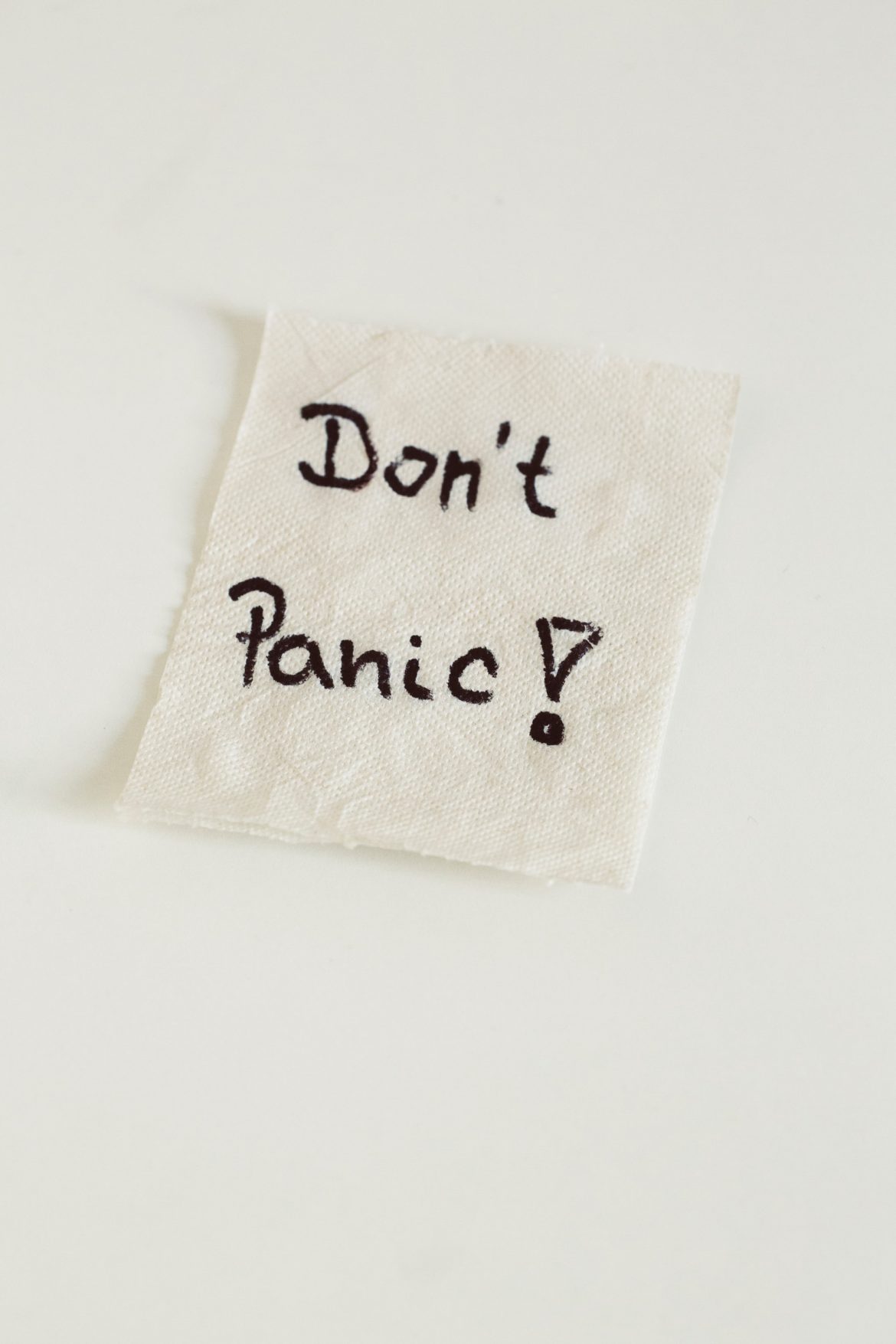Wednesday 18/5/2022
PHOTO: Markus Spiske
Text: Alejandra Misiolek
Our emotions can be down-regulated and up-regulated. What does it mean?
To downregulate our emotions means that we use certain tools to calm down or to feel with less intensity. When would we opt for regulating our emotions down? In states of anxiety, excessive excitement or rage.
To upregulate our emotions means to be able to augment the feelings´ intensity to feel more and live more fully. When would we like to do that? When we want to feel more joy, when we feel anhedonia, when we want to feel sadness to process traumas or in therapy, to connect to our feelings that have been suppressed.
It is important to note that neither upregulation nor downregulation is positive or negative, they are rather neutral and play different roles in different life situations. It is interesting to be aware of some tools that could help us.
Most of the time we regulate our emotions without being aware of doing it. We have automatic and incorporated ways of doing it that we learned in interactions with other people, especially when we were children. However, we also learned some ways of not regulating or reversely regulating (e.g., upregulating when it would be more recommendable to downregulated) our emotions from our parents or other significant figures that we use automatically as adults without realizing.
If we want to decide more consciously if we want to up or down-regulate our emotions, how can we do it?
1. If we want to change something, we first need to become more aware of what is going on in our head. Try to identify your thoughts one by one and then identify the feelings they trigger. One of the effective ways of doing it is to practice meditation or mindfulness on a daily basis. This first step plays a double role, not only to become aware but also to slow down and be able to disentangle the net of thoughts and feelings.
For example: You are going on a trip, and you got nervous. Instead of calming down you realize you are only getting more nervous. If you try to disentangle your thoughts and emotions, you realize that you are telling yourself you shouldn’t be nervous, and this is stupid to feel this way and this thought only makes things worse. Then you realize that you are thinking about things possibly going wrong. If you dig deeper, you can see that you are afraid of missing your plane and then feeling like a loser in the eyes of your friends.
2. The second step is to understand why you would think in a certain way. Where does it come from, is it a habit to think this way, is it a fixed conviction that comes from culture of family or is it your won thought? Maybe it plays certain role of protection although doesn’t seem so? Understanding serves a role of not judging and accepting yourself so as not to add an unnecessary layer of self-deprecation.
For example: At this stage you could realize that it happened to you before on some occasions that you came late and you were laughed at, especially when you were a child. You remember one of the first situations when it happened in your life, and you can hear your father´s words in your head: “How can you be so slow! We missed the flight, and it was your fault! You remember feeling guilty and a failure. Now you realize you understand what you are actually afraid of – feeling a failure and guilty. So, you are anticipating what might happen to protect yourself – to make sure it won´t happen again. It starts to make sense. You feel a bit less anxious.
3. Now that you know what you are thinking, what emotions it triggers and why you would think this way, you can try to question the thought or experiment with having an alternative thoughts and checking how that would make you feel.
For example: Now that you understood yourself you start to question if actually missing a flight must mean you are a failure or maybe it is something that can happen to everyone? Or maybe you are a bit slow and is it such a bad thing? Maybe there are circumstances where being slow is quite alright?
By questioning your convictions, you start changing how you feel. You are downregulating your emotions.
Although the objective of this post is to help you regulate your emotions on your own, don´t forget that depending in a healthy way on others and sharing our thoughts and emotions with them is the most important tool we have as humans to regulate our emotions.
If you find it complicated to do it yourself, remember you can ask for help. In psychotherapy we do the process of up and downregulation constantly to help people be more in control of their emotions.
